Explore the comprehensive biography of Vladimir Putin, detailing his rise from a KGB officer to the President of Russia, his leadership style, key events during his presidency, and his lasting influence on global politics.
Early Life and Education
Full name of Russian President Vladimir Putin Vladimir Vladimirovich Putin was born on October 7, 1952, in Leningrad, Soviet Union (now Saint Petersburg, Russia). He was the youngest of three children, though his two older brothers died before he was born—one during infancy and the other during World War II. Putin’s father, Vladimir Spiridonovich Putin, served in the Soviet Navy during the war and later worked in a factory. His mother, Maria Ivanovna Putina, was a factory worker. The family lived in communal housing, a common practice in post-war Soviet Union.
Unraveling Zero: The Biography of a Dangerous Idea – 10 Mind-Blowing Summary You Can’t Miss
Putin attended School No. 193 in Leningrad, where he developed an early interest in sports, particularly judo and sambo, a Soviet martial art. He later became a black belt in judo, a sport that he has practiced throughout his life.
After finishing high school in 1970, Putin enrolled at Leningrad State University, where he studied law. He graduated in 1975, writing a thesis on international law. During his university years, he joined the Communist Party of the Soviet Union and was also recruited by the KGB, the Soviet Union’s main security agency.
KGB Career
Upon graduation, Putin began his career in the KGB. After completing his training, he was stationed in Leningrad, where he worked in counterintelligence before being transferred to Dresden, East Germany, in 1985. In Dresden, Putin worked undercover as a translator and liaison officer, gathering intelligence on NATO activities. His time in East Germany gave him valuable insight into the inner workings of Western military and political systems.
Russian DILDCON Men Condom , Premium Condoms For Men
Putin returned to Leningrad in 1990, just as the Soviet Union was beginning to collapse. He resigned from the KGB in 1991, holding the rank of lieutenant colonel.
Entry into Politics
After leaving the KGB, Putin began working at Leningrad State University as an advisor to the university’s vice-rector. He soon transitioned to a role in the mayor’s office, serving as an advisor on international affairs. In this capacity, he worked closely with Anatoly Sobchak, the mayor of Leningrad (later renamed Saint Petersburg), who became a significant mentor to Putin.
In 1996, after Sobchak lost his re-election bid, Putin moved to Moscow, where he began working in the Presidential Property Management Directorate. His efficient work caught the attention of influential figures in the Kremlin, and he quickly rose through the ranks.
Rise to Power
In 1998, Putin was appointed the head of the Federal Security Service (FSB), the successor to the KGB. The following year, he became the Secretary of the Security Council of Russia. His rapid ascent continued when President Boris Yeltsin appointed him as Prime Minister of Russia in August 1999.
Russian Adult Zone Garuda International 9-Inch Condom
On December 31, 1999, Yeltsin unexpectedly resigned, and Putin became the Acting President of Russia. He won the subsequent presidential election in March 2000, securing his position as the country’s leader.
Presidency and Leadership Style
Putin’s first term as president was marked by efforts to stabilize the Russian economy, which had been severely weakened by the 1998 financial crisis. He implemented reforms to centralize power in the federal government and strengthen state control over key industries, particularly in energy. His leadership style has been characterized by a blend of authoritarianism and pragmatism, with a focus on restoring Russia’s status as a global power.
During his presidency, Putin oversaw significant economic growth, driven by rising oil prices and increasing state control over strategic sectors. However, his tenure has also been marked by accusations of human rights abuses, suppression of political dissent, and the erosion of democratic institutions.
Second and Third Terms
Putin was re-elected in 2004, winning a landslide victory. His second term saw continued economic growth, but also increasing criticism from the West over issues such as the Yukos affair, in which the Russian government dismantled one of the country’s largest oil companies and imprisoned its CEO, Mikhail Khodorkovsky, on charges of fraud and tax evasion.
In 2008, due to constitutional term limits, Putin stepped down as president but retained power by becoming Prime Minister under his successor, Dmitry Medvedev. During this period, Putin continued to wield significant influence over Russian politics and policies.
In 2012, Putin returned to the presidency after winning another election. His third term was marked by the annexation of Crimea in 2014, which led to international condemnation and economic sanctions against Russia. Despite these challenges, Putin remained popular in Russia, largely due to his portrayal as a strong leader who defended Russia’s interests against Western encroachment.
Constitutional Amendments and Fourth Term
In 2018, Putin was re-elected for a fourth term, winning with over 76% of the vote. During this term, he pushed for constitutional amendments that were approved in a 2020 referendum. These amendments included provisions allowing him to potentially remain in power until 2036 by resetting the term limits for the presidency.
Putin’s fourth term has been marked by increasing tensions with the West, particularly over issues such as the Syrian Civil War, cyber warfare, and the poisoning of political opponents. Domestically, he has faced challenges from economic stagnation, declining living standards, and growing public dissatisfaction.
Personal Life
Putin married Lyudmila Shkrebneva in 1983, and the couple had two daughters, Maria and Katerina. They announced their divorce in 2013. Putin is known for keeping his personal life private, and little is publicly known about his daughters or other aspects of his family life.
An avid sportsman, Putin has promoted physical fitness and regularly engages in activities such as judo, skiing, and horseback riding. He has also cultivated an image of strength and vitality, often participating in public events showcasing his physical prowess.
Legacy and Influence
Vladimir Putin is one of the most influential and controversial figures in modern global politics. His leadership has transformed Russia, reasserting its position as a major power on the world stage. However, his tenure has also been associated with increasing authoritarianism, human rights violations, and strained relations with the West.
Putin’s legacy is likely to be debated for years to come, as he continues to shape the future of Russia and its role in the international community. Whether viewed as a defender of Russian sovereignty or a destabilizing force in global politics, there is no doubt that Putin’s impact on the 21st century has been profound.
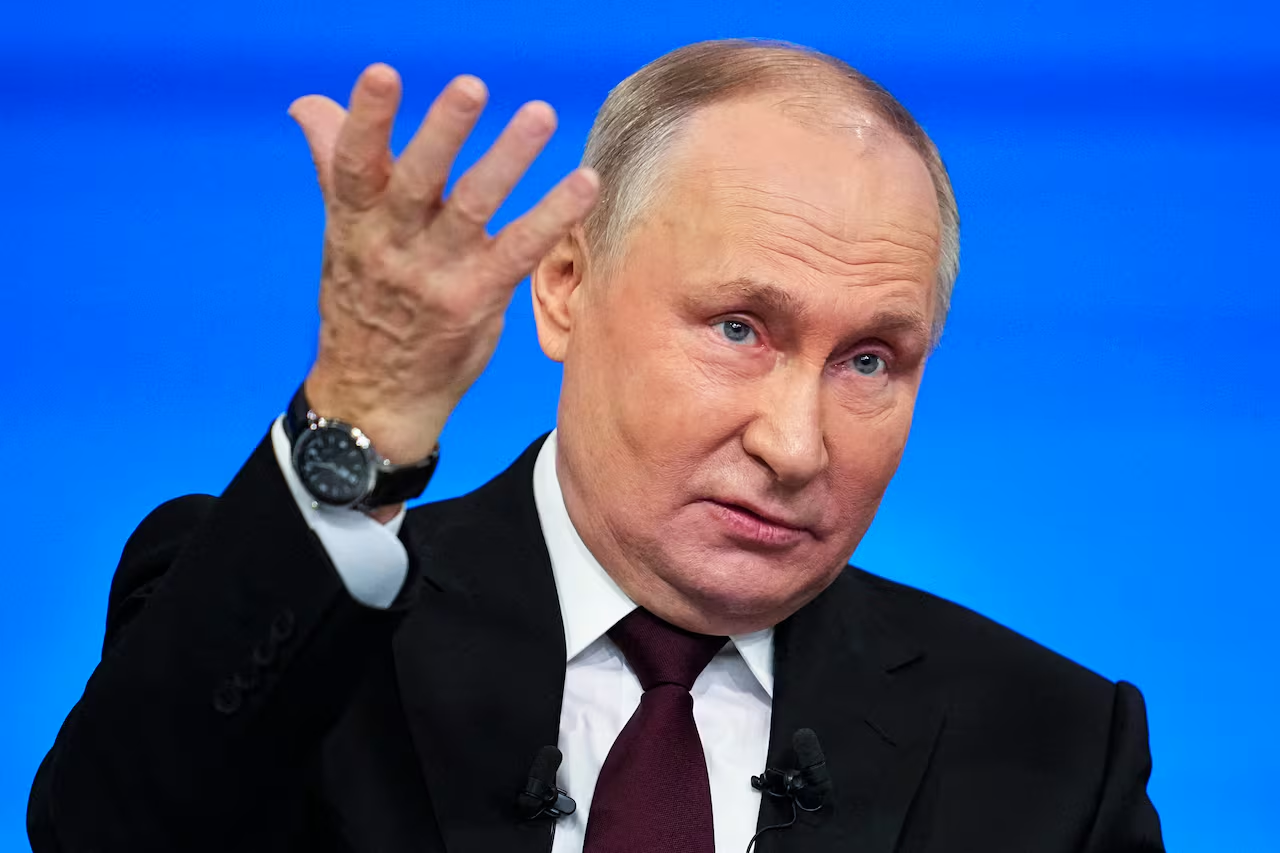

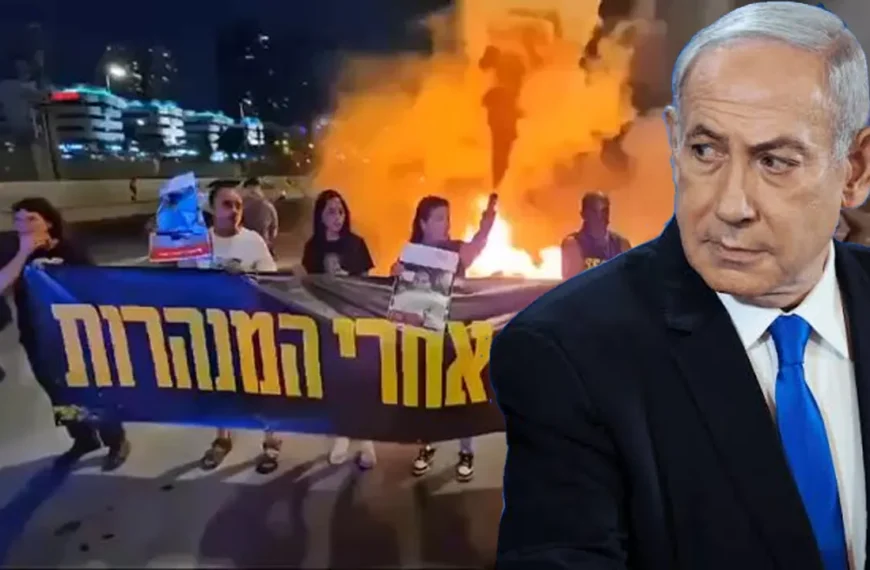
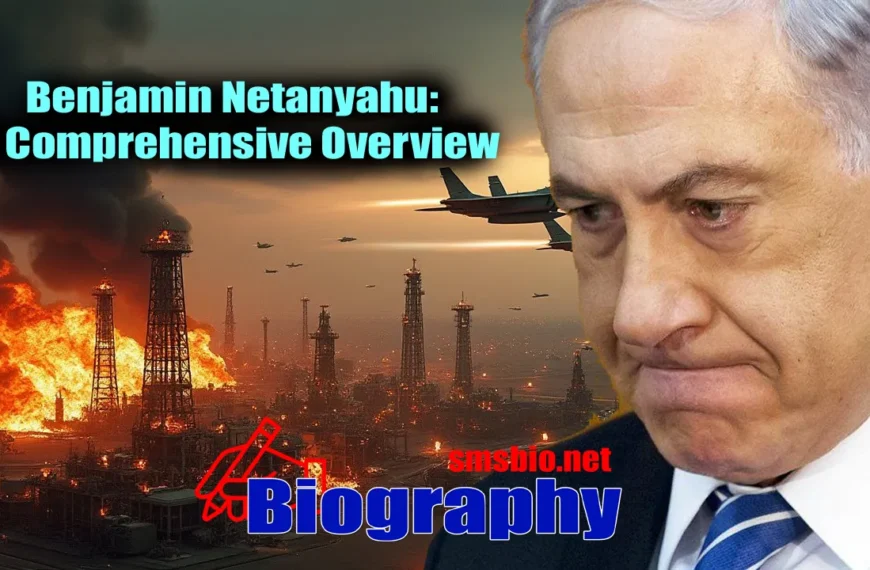
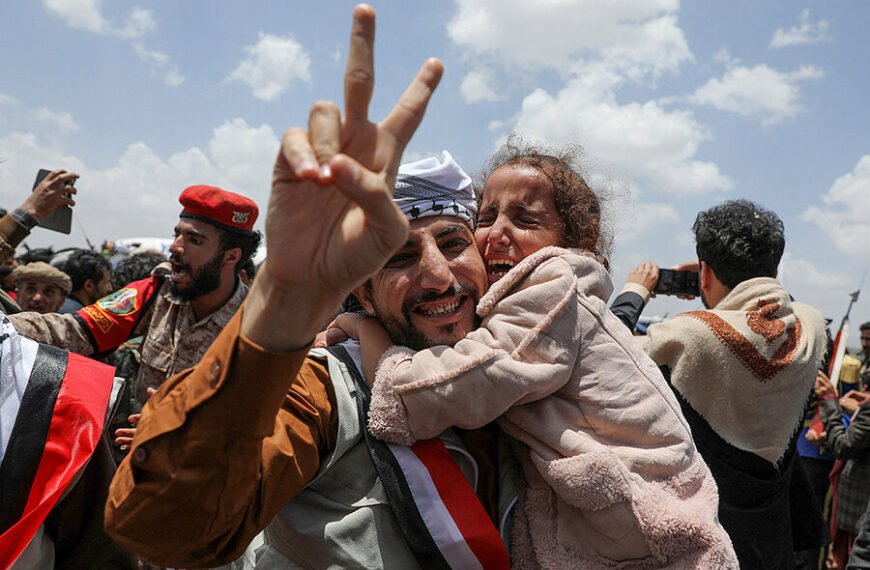



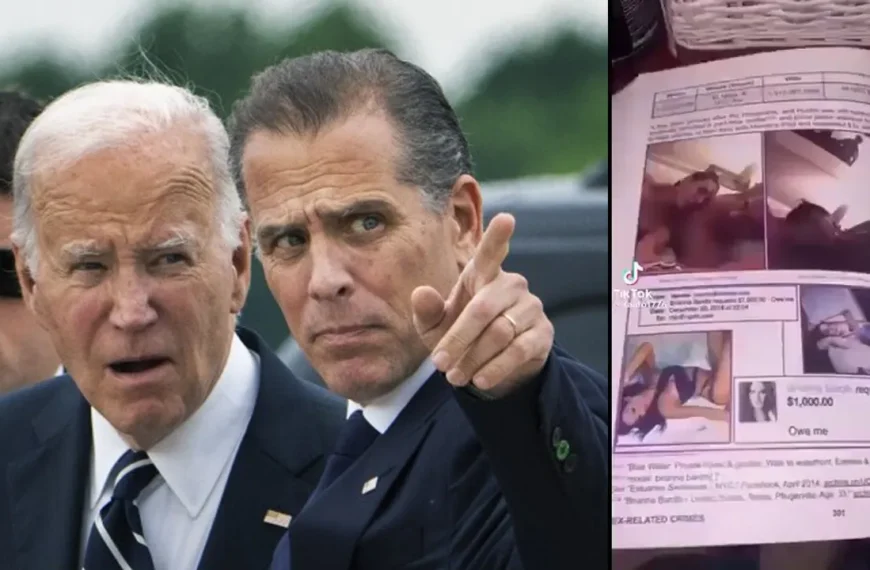
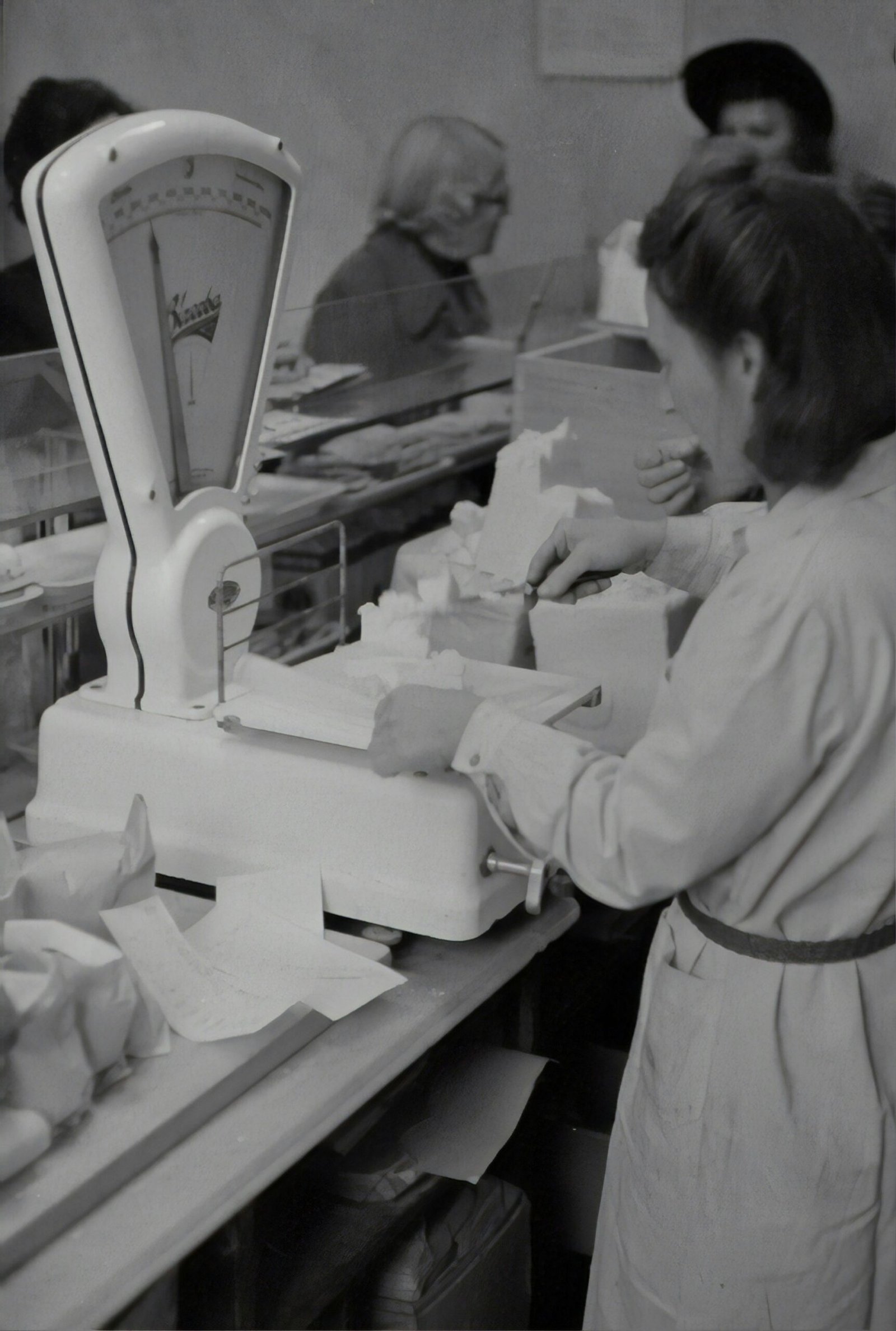

Some genuinely choice content on this website , saved to my bookmarks.
You have brought up a very excellent points, thanks for the post.
Wow, amazing weblog layout! How long have you ever been running a blog for? you make blogging glance easy. The full look of your website is excellent, let alone the content material!
I’m really enjoying the design and layout of your site. It’s a very easy on the eyes which makes it much more pleasant for me to come here and visit more often. Did you hire out a designer to create your theme? Fantastic work!
After research a couple of of the weblog posts on your website now, and I really like your approach of blogging. I bookmarked it to my bookmark website checklist and will probably be checking again soon. Pls take a look at my website as well and let me know what you think.
Hi, Neat post. There’s a problem along with your website in internet explorer, may test this?K IE nonetheless is the marketplace leader and a huge component to folks will omit your great writing because of this problem.
Good ?V I should definitely pronounce, impressed with your web site. I had no trouble navigating through all the tabs as well as related info ended up being truly simple to do to access. I recently found what I hoped for before you know it at all. Reasonably unusual. Is likely to appreciate it for those who add forums or anything, web site theme . a tones way for your customer to communicate. Nice task..
Attractive section of content. I just stumbled upon your web site and in accession capital to assert that I acquire actually enjoyed account your blog posts. Anyway I’ll be subscribing to your augment and even I achievement you access consistently fast.
After study a few of the blog posts on your website now, and I truly like your way of blogging. I bookmarked it to my bookmark website list and will be checking back soon. Pls check out my web site as well and let me know what you think.